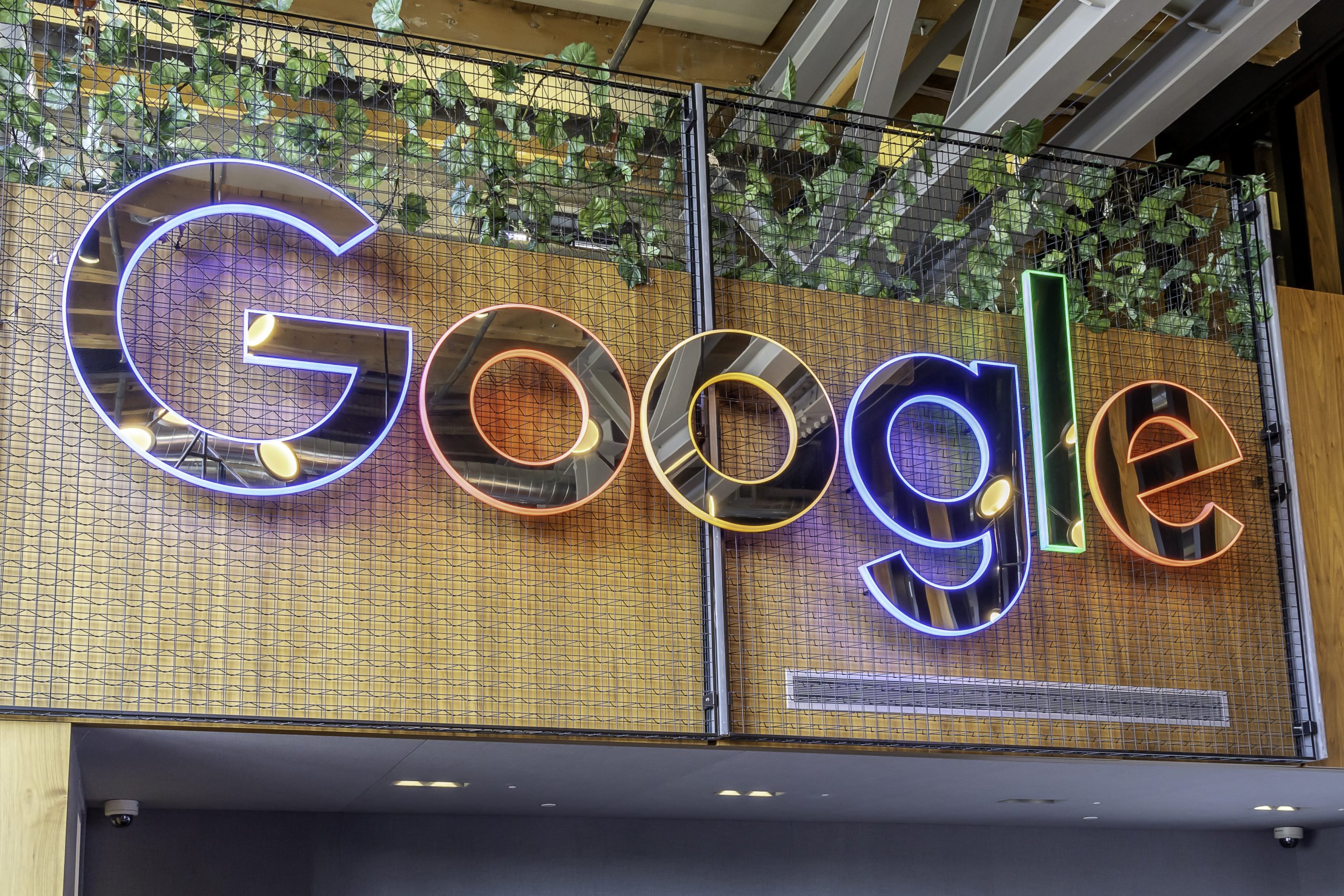Fortnite maker Epic Games, which is currently in a massive anti-competition legal battle with Apple in the California courts, is planning similar legal action against Google and has won an Australian Federal Court victory to launch proceedings.
Justice Nye Perram, who is also overseeing part of Epic’s case against Apple, but granted a three-month stay on proceedings ahead of the US case, granted Epic leave to serve papers on Google in the US and Singapore under the Hague Convention, having already begun legal action against its local arm, Google Payments Australia.
Justice Perram considered not granting leave on the basis that Google could go down a similar path to Apple and seek a stay in proceedings, but Epic’s legal team convinced him otherwise. He also sees substantial differences between the Epic v Apple and Epic v Google cases, especially in the Australian market when it comes to Google Play’s Developer Distribution Agreement (DDA).
“Google Australia is party to a different [DDA] agreement with Epic but that agreement contains a non-exclusive jurisdiction clause. Further, unlike the position of the Australian subsidiary in Epic v Apple, Google Australia has entered an unconditional appearance and arguably has waived any entitlement to apply for a permanent stay,” His Honour wrote in the judgment.
Epic makes two key allegations against Google. The first is that the company has a global near-monopoly for the distribution of apps to Android devices, having made it commercially and practically unviable through contractual and technical barriers for developers to distribute apps any other way.
Epic alleges that Google’s arrangements constitute a misuse of market power under Australian Competition and Consumer law, and thus substantially lessening competition. Epic also alleges that Google contravened Australian Consumer Law in terms of unconscionable conduct.
Epic v Apple
Meanwhile, Epic has filed an anti-competition complaints against Apple in the European Union, UK, US and Australia over as well as a range of restrictive conditions on the App Store.
Apple is seeking to have the Australian matter thrown out, arguing the matter belongs exclusively before the California court.
Justice Perram granted a stay in April, but Epic appealed that decision and competition regulator the ACCC applied to appear as an ‘amicus curiae’ (‘friend of the Court’), to make submissions to the Full Court about the public policy in favour of disputes involving Australia’s competition laws being heard and determined in local courts.
An expedited hearing on the matter went before the Full Federal Court on June 9, but a judgment has yet to be handed down.
The ACCC already has Apple in its sights, having earlier this year released the second part of its Digital Platform Services Inquiry interim report, saying the “significant market power” of the Apple App Store and Google Play in Australia needs to be addressed to give app developers better terms and conditions.
Meanwhile, Epic’s flagship case in California has been an eye-opening insight into big tech. The Verge covered the three-week US trial here. Most astonishingly, Apple execs insist that despite charging most developers who sell through the App Store a 30% commission, the company doesn’t even know if the business, which generated more than US$60 billion in revenue last year, is profitable.
An expert witness appearing for Epic side, suggested the App Store’s profit margin could be as high as 78%.
Even Apple CEO Tim Cook testified that he believes the App Store is profitable – “I do,” he told the court – based on, well, the vibe.
Asked if Apple had calculated how profitable Cook said: “We haven’t done that. But I have a feel, if you will.”
The Verge’s “Nine things we learned from the Epic v. Apple trial” is well worth a read, covering everything from Netflix to Xbox, Apple’s malware worries. Their coverage of Cook’s testimony is here.
Friday’s Federal Court of Australia judgment is just a small cog of a global fight against the two tech giants by Epic, but there’s no doubt that how it unfolds for both Apple and Google in the Australian courts will reverberate around the world as the matter continues.
In the meantime, all eyes will be on the Judge Yvonne Gonzalez Rogers, who oversaw the Epic v Apple trail in May. When she hands down her decision is unknown, and any decision she makes will undoubtedly be appealed, but in closing arguments it was clear she feeling the weight of her ruling when she asked Epic’s lawyer if a court had ever changed a company’s business model based on a legal action.
“Have they, in fact, said, ‘You billion dollar company … you must fundamentally change the business model on which you operate,’?” the judge asked.
Epic’s lawyers couldn’t think an example outside of government antitrust cases.
The next question is will she?




















Trending
Daily startup news and insights, delivered to your inbox.